How Temple College Boosted Pass Rates with a New Skills Training Approach
Customer Story
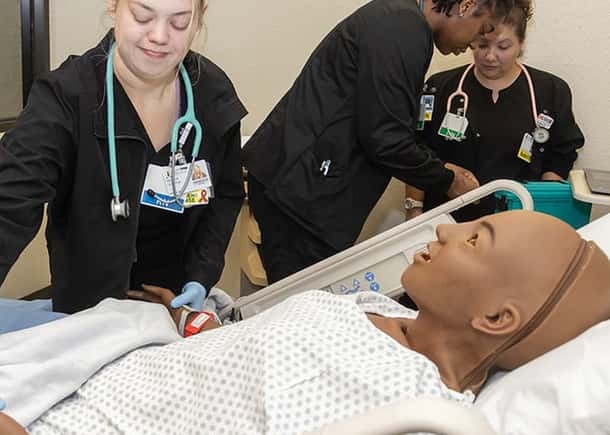
Customer Story

Temple College’s nursing program tried a new method for building skills competence, leading to major improvements in pass rates.
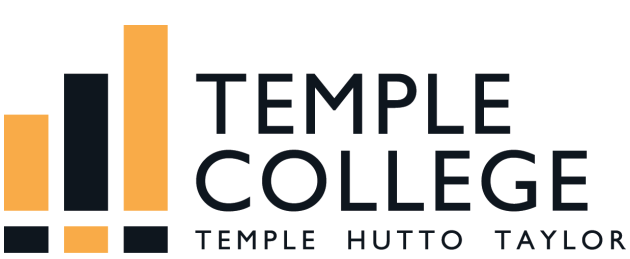
The nursing school at Temple College in Temple, TX currently serves about 190 students in its Vocational and Associated Degree Nursing programs.
The Challenge
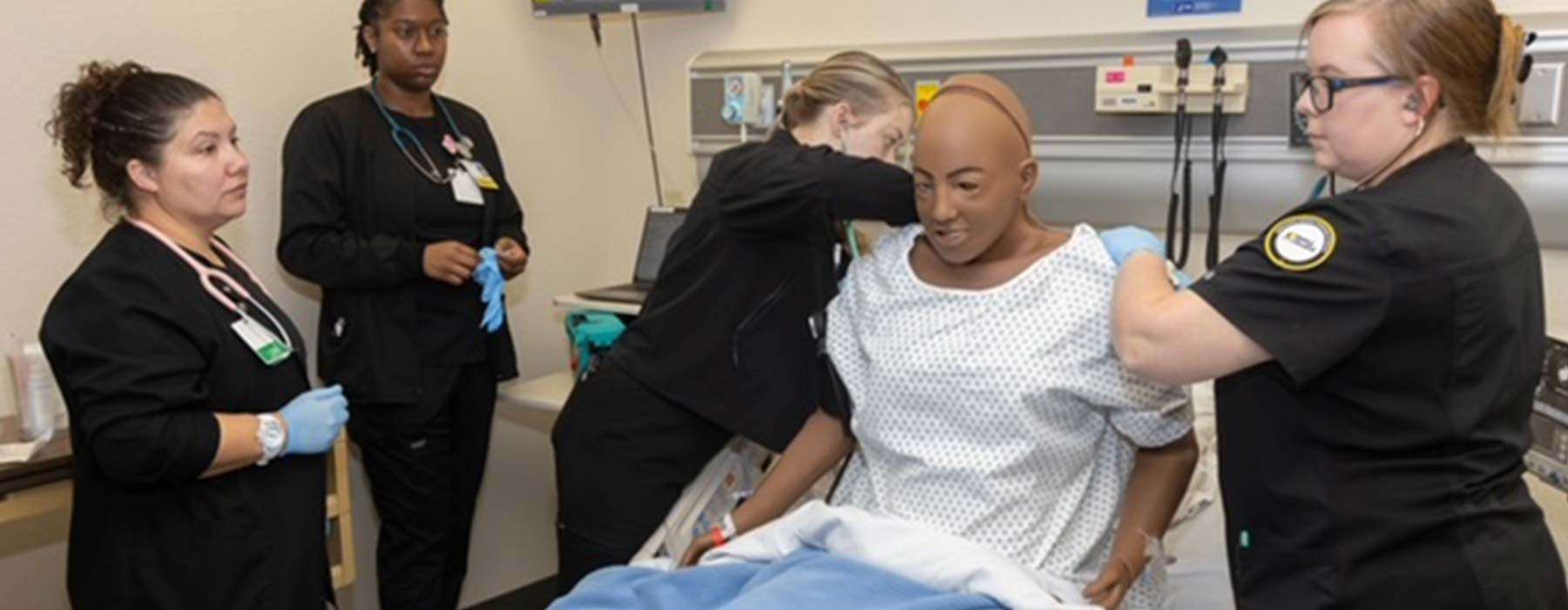
Nancy Eaton, MSN, RN, CNE, Professor, and Nursing Simulation Lab Coordinator at Temple College in Temple, TX, is dedicated to effectively preparing her students for the realities of nursing practice. "We need really good nurses out there," she says.
- Nancy Eaton, MSN, RN, CNE
Professor and Nursing Simulation Lab Coordinator, Temple College

Temple College's Associate Degree Nursing program had recently received a grant that was focused on student success. Nancy and her colleagues began asking themselves, "What are some things that we could provide to the students that may help their student retention and their success in our program?"
Nancy knew that in clinical rotations, students wouldn’t get all of the necessary practice to master skills like IV insertion and taking vital signs. She and her team concluded that it would be valuable to find a tool that would increase opportunities for deliberate skills practice.
The Solution
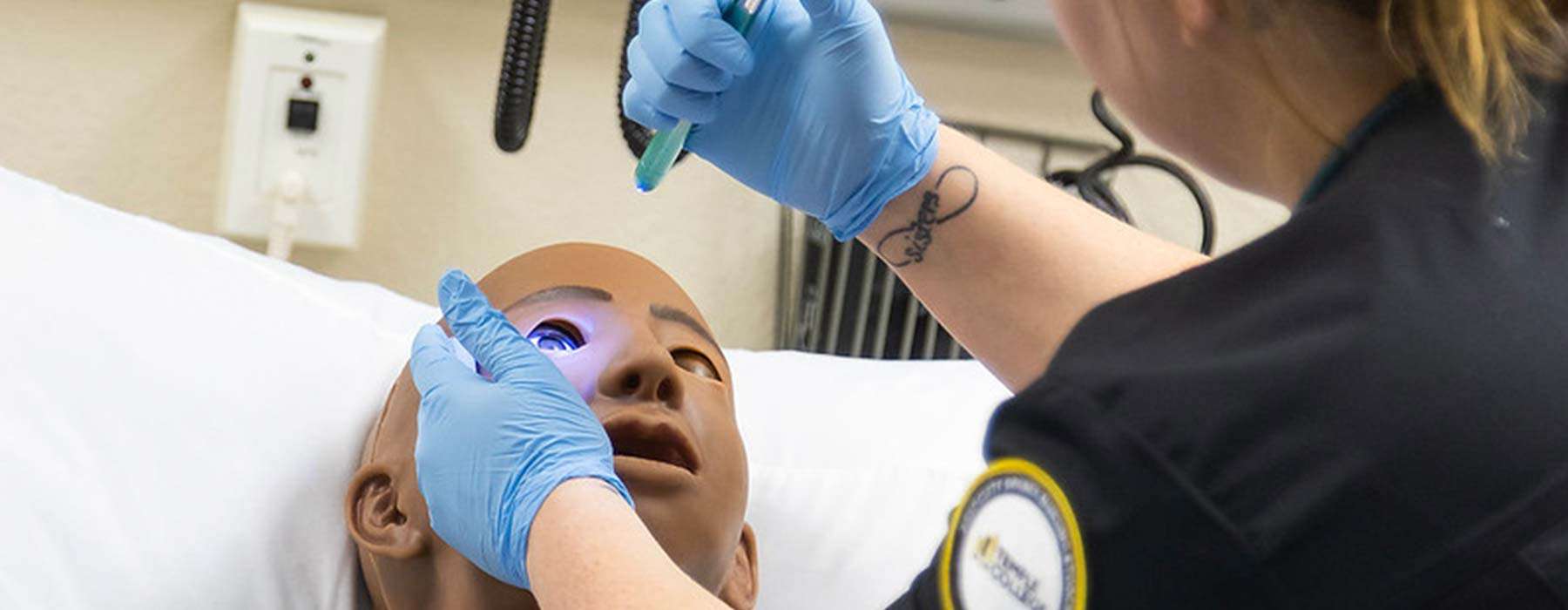
While attending a recent Simulation User Network (SUN) Conference, Nancy heard about SimCapture for Skills: a digital assessment and evaluation solution. SimCapture for Skills allows students to practice their skills repeatedly and record themselves on their electronic devices. Faculty can then review the videos and provide critical formative feedback to the students before their clinical skills testing.
SimCapture for Skills also collects and organizes the students' performance data more efficiently, allowing nursing faculty to identify areas for improvement.
"Since I’ve been in this position, the nursing department continuously looks for ways to provide resources for our students' benefit," Nancy explains. "And technology is typically one of those resources."
Nancy and her team decided to use the grant funding to try out this new method of supporting student success. To promote its adoption to the faculty, she emphasized that they would start by focusing on just one section of a skill per video. "Let's try it and see what happens," she told her colleagues.
The Results
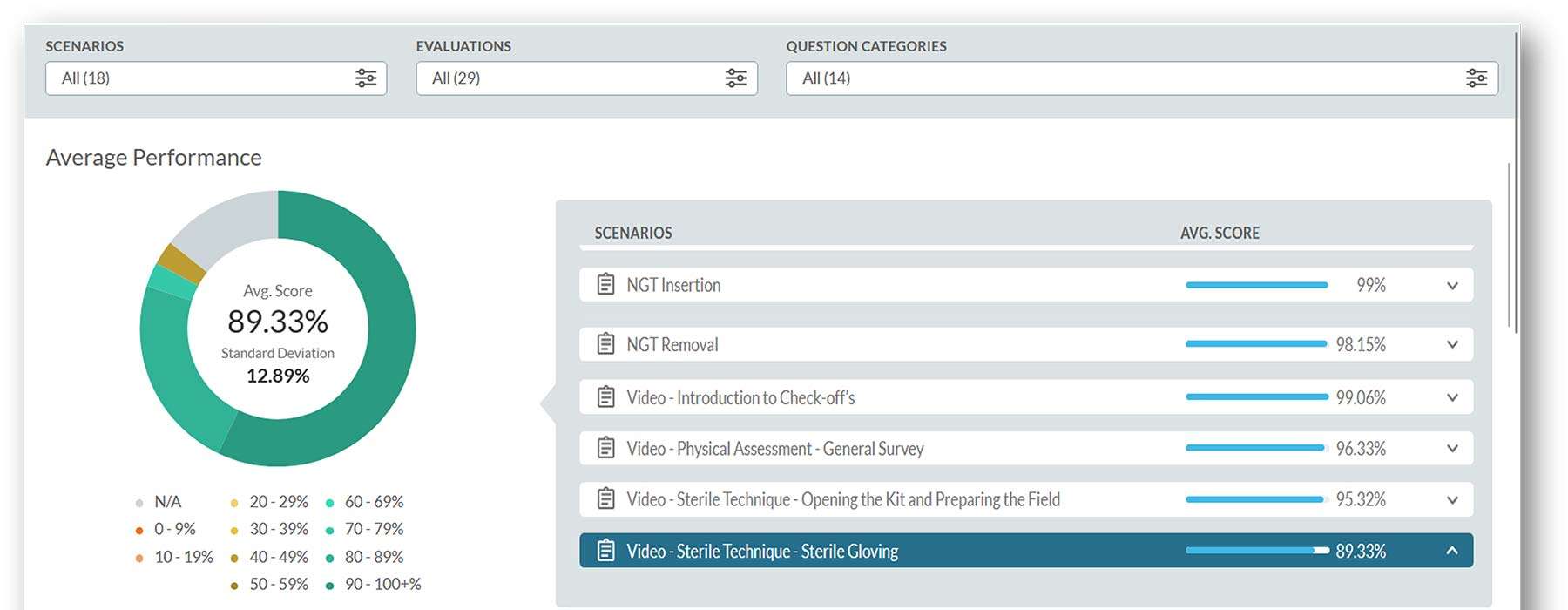
The faculty started by having students practice their sterile gloving – a skill that many students struggle with – and submit a recording of themselves to allow for faculty feedback prior to clinical skill testing.
Recording themselves gave students the incentive to practice repeatedly until they’d mastered the skill. "They do multiple videos because they want to score 100%," Nancy explains.
This approach had a major positive impact. The failure rate for sterile gloving dropped from 12% to just 4%.
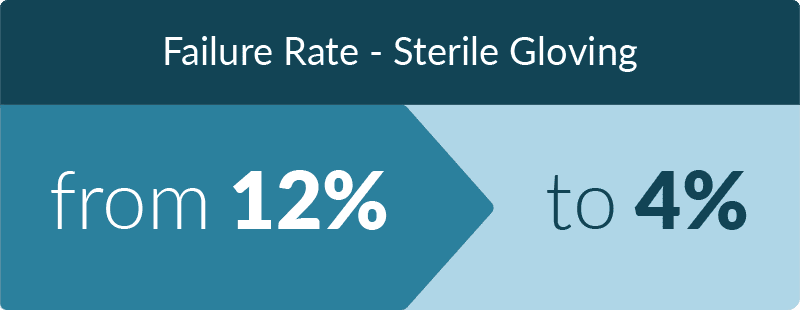
"We were all impressed by the results," she shares. "We did expect something good. But 12 to 4%? That is significant!"
Since then, they have seen promising results from taking this approach with other skills as well. In the most recent semester, they focused on a portion of physical assessment, which included client orientation, general appearance/behavior, body symmetry, and skin assessment. They saw failure rates decrease from 5-6% to less than 1% on this area of the skill.
Nancy and her colleagues had found an effective method of ensuring mastery of clinical skills. Providing opportunities for deliberate practice and formative feedback in a way that was effective for students led to tangible results.
- Nancy Eaton, MSN, RN, CNE
Professor and Nursing Simulation Lab Coordinator at Temple College


Nancy shares that having objective performance data was key in proving the effectiveness of SimCapture for Skills.
Seeing the increase in pass rates for sterile gloving has helped with getting the faculty onboard for the use of SimCapture for Skills.
"The Nursing Faculty saw the difference, and they have continued to see the improvement of the students' success in clinical skill testing," she shares.
She also used the data to demonstrate the value of SimCapture for Skills to the college’s Nursing Leadership, which resulted in the funding of continued renewal of the nursing department’s initial subscription.
Today, both Temple College nursing programs use SimCapture for Skills for each clinical skill they teach.
"My philosophy is that our job is to provide the resources to help our students to be successful," she shares. "SimCapture affords Temple College Nursing Faculty the opportunity to ensure that their students have the resources to help them be successful."

If you're interested in a program like SimCapture for Skills to ensure competence in fundamental skills, Nancy recommends being open to trying out new resources.
"Jump in and try it," she suggests. "You can’t lose. Start out small. Convince one person. Just do sterile gloving and have the students film it. They will practice it multiple times until it is mastered, because they are not going to turn in a video that is unsatisfactory. They want to make 100%."